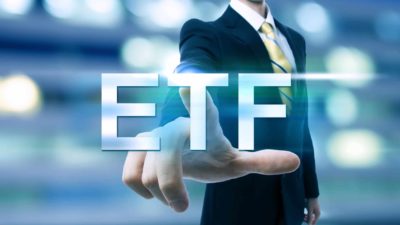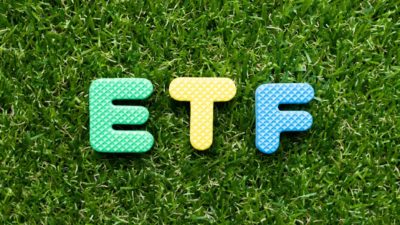The Betashares Nasdaq 100 ETF (ASX: NDQ) is one of the largest exchange-traded funds (ETFs) on the ASX. It has also been among the best-performing, though it's not known for its passive income potential.
The NASDAQ-100 Index (NASDAQ: NDX) is a group of 100 of the largest businesses on the NASDAQ, a stock exchange in the US. Many technology and tech-related businesses are listed on the NASDAQ, though these stocks aren't known for their dividend yields.
An ETF acts as a conduit to pass the dividends it receives to investors. The underlying dividend yield of the ETF is dictated by the yield of the businesses it's invested in.
Why the NDQ ETF is a strong option for passive income
Investors may recognise most of the biggest investments within the Betashares Nasdaq 100 ETF portfolio, which includes Apple, Microsoft, Nvidia, Amazon, Alphabet, Broadcom, Meta Platforms, Tesla, Costco, Netflix and Costco.
As I mentioned above, the US tech giants are not known for their dividend yields.
According to Betashares, the provider of this ETF, the NDQ ETF had a distribution yield of 1.8% as at 28 June 2024. That's not a strong yield at all.
But, the power of this investment comes from its compounding net returns.
Past performance is not a guarantee of future performance, but over the past three years to June 2024, it has returned an average of 15.2%, and since inception, the ASX ETF has delivered an average of 20% to June 2024.
I'm not expecting future returns to be as good as that, though the prospect of falling interest rates could help.
Investors can sell a portion of their ETF holdings to unlock passive income. Someone could decide to sell 5% of their holding each year and create a 5% 'yield'. If the portfolio went up 10% over a year, and someone sold 5%, then the portfolio value would still have risen by around 5% despite the sale.
I wouldn't suggest unlocking a yield of more than 6% because, occasionally, the share market declines, as we've seen in August. It's good to 'bank' some capital growth for leaner times. A yield of 4% or 3% would be more sustainable.
How it could work
I'll run through an example and assume future returns are lower than what we've seen over the past decade.
Imagine starting with a $200,000 NDQ ETF investment. If it goes up 10% over 12 months, it'd have a value of $220,000. I'd choose to use the distribution reinvestment plan (DRP).
Investors could then sell $12,000 (an average of $1,000 per month), which is a 6% yield on the original balance. Some individual investors may also benefit from a capital gains tax discount because they held the investment for more than 12 months.
An investor would have an investment balance of $208,000 after making that sale. This can create strong passive income for investors, if the NDQ ETF can continue delivering pleasing capital gains as it has done.









